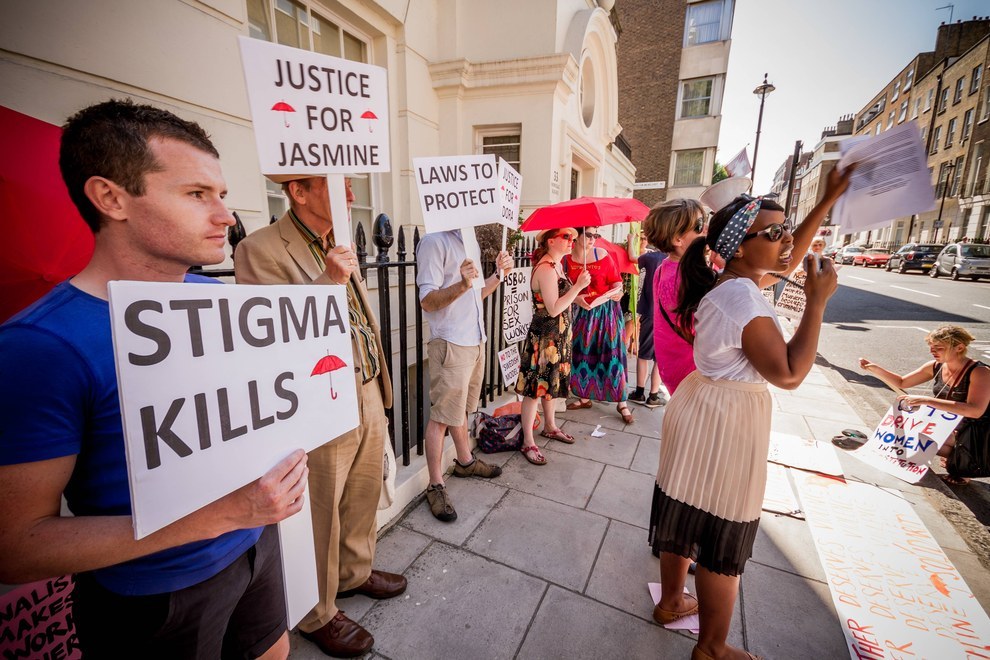
WEIGHT: 48 kg
Bust: Large
One HOUR:30$
NIGHT: +60$
Services: Massage, Role playing, Naturism/Nudism, Sauna / Bath Houses, Swinging
Ninety-six per cent of those surveyed believe law has made sex workers more unsafe and vulnerable to exploitation. However, this approach leaves sex sellers, in particular migrant workers, ever more vulnerable to violence and exploitation, according to a report published by LSE. Contrary to the common understanding that the selling of sex is not criminalised in Sweden, Norway and Finland, the report argues that sex workers are de facto penalised though the enforcement of intersecting immigration, third-party and fiscal policies.
It finds that policing still targets sex workers, with ramifications including evictions and deportations. Its findings show that 96 per cent of interviewees oppose the sex buyer law. The principle concern raised by interviewees was safety. According to the report, the model pushes people in the sex trade into precarious or dangerous situations in order to prioritise the protection of their clients - negotiations are hurriedly moved from the street and workers feel obliged to move to private spaces chosen by the client.

This is exacerbated by broad third-party legislation, where all assistance in the sale of sex is prohibited. Under these laws, for example, landlords and hotel owners can be accused of pimping, which has led to a dire lack of housing and safe spaces for sex workers. Those who took part in the research reported difficulties in accessing health and legal services, and even in opening bank accounts.
For migrant workers, who constitute upwards of 70 per cent of people in the sex trade in the region, the difficulties are reported to be even greater. The large majority of migrant sex workers are ineligible for permanent residence permits, and as such are not entitled to state services such as social benefits and public health care, including basic STI testing.

Migrants without permanent residence permits have no access to state legal support, and while the sale of sex has been decriminalised, it is still a ground for deportation in immigration laws. The policing of commercial sex concentrates on migrants, especially on people of colour, who have reported frequent harassment.




































